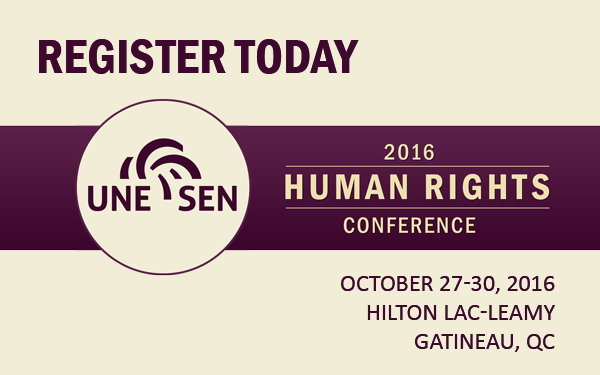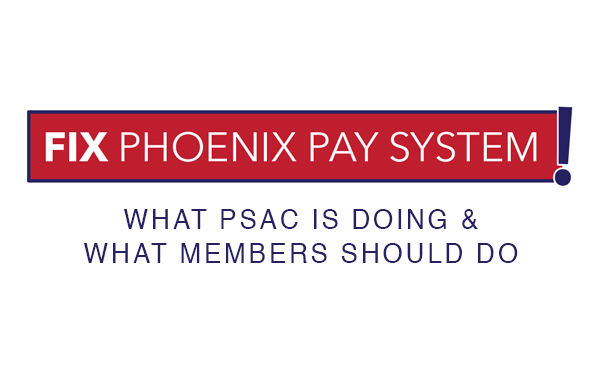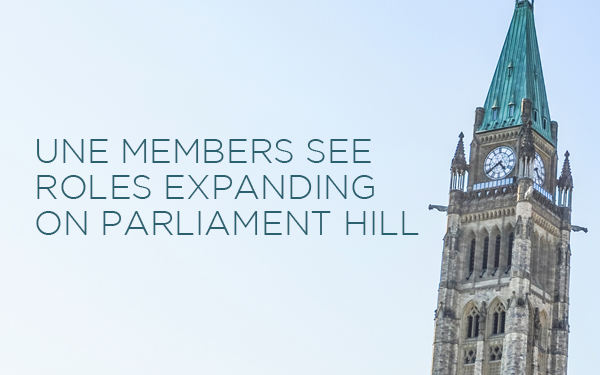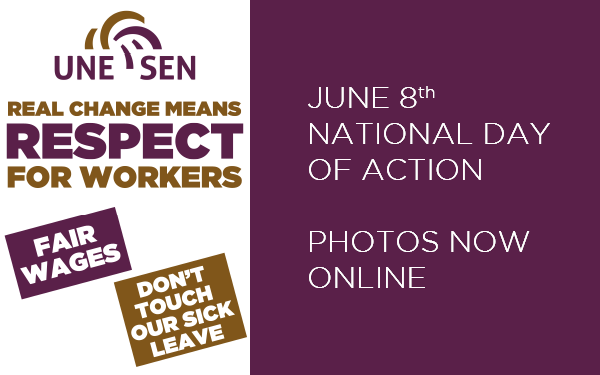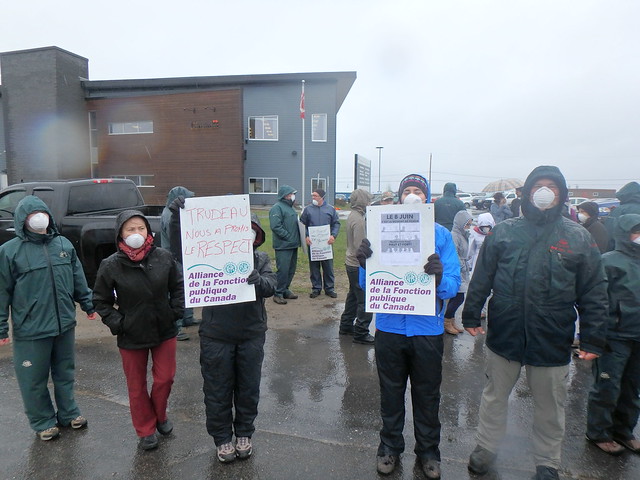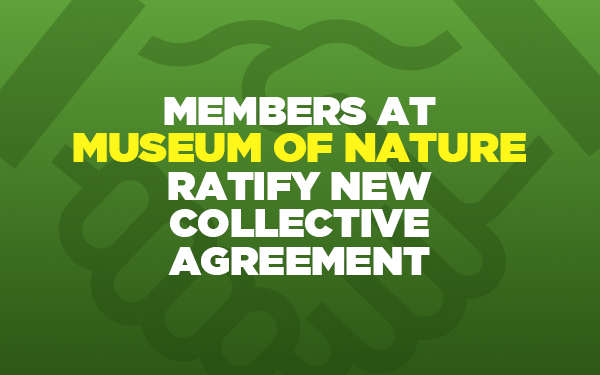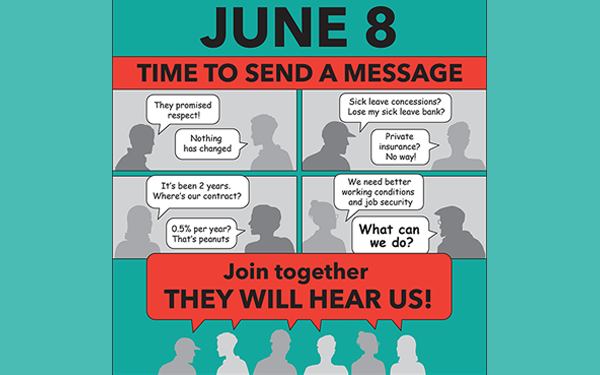
Your regional seminar is fast approaching and it’s the best place to learn about our union and the many things we do.
This event is jam-packed with lectures and workshops to help you gain the knowledge and confidence you’ll need to help our members. It’s also a great place to meet active members just like you and forge long-lasting friendships.
For a sneak-peek at what else we have in store for you, check out the agenda.
Participants should arrive between 7:00 p.m. and 8:00 p.m. on Friday, August 19, 2016 to register. You should select representatives from your Local to attend the seminar. The Union of National Employees will fund two delegates per Local as well as one youth:
- One delegate should be the local president or designate.
- The second delegate should be a member who has not previously attended a UNE conference or seminar.
- One delegate from each local should be a youth delegate. (A youth delegate is defined as a member who will be 35 years or younger on December 31, 2017.)
During the seminar, youth delegates will elect two of their peers to represent them as delegates to our 2017 convention.
You must register by Friday, July 8, 2016. Unfortunately, we cannot consider late registrations.

Should you have any questions, please contact Suzanne Boucher at: suzanne.boucher@une-sen.org.
In solidarity,
Your regional team:
Mary Anne Walker, Regional Vice-President, Ontario
Diane Levola, Assistant Regional Vice-President, Ontario
Andrew Shaver, Assistant Regional Vice-President, Ontario
Craig Reynolds, Assistant Regional Vice-President, Ontario
Sandy Bello, Regional Representative for Human Rights, Ontario




